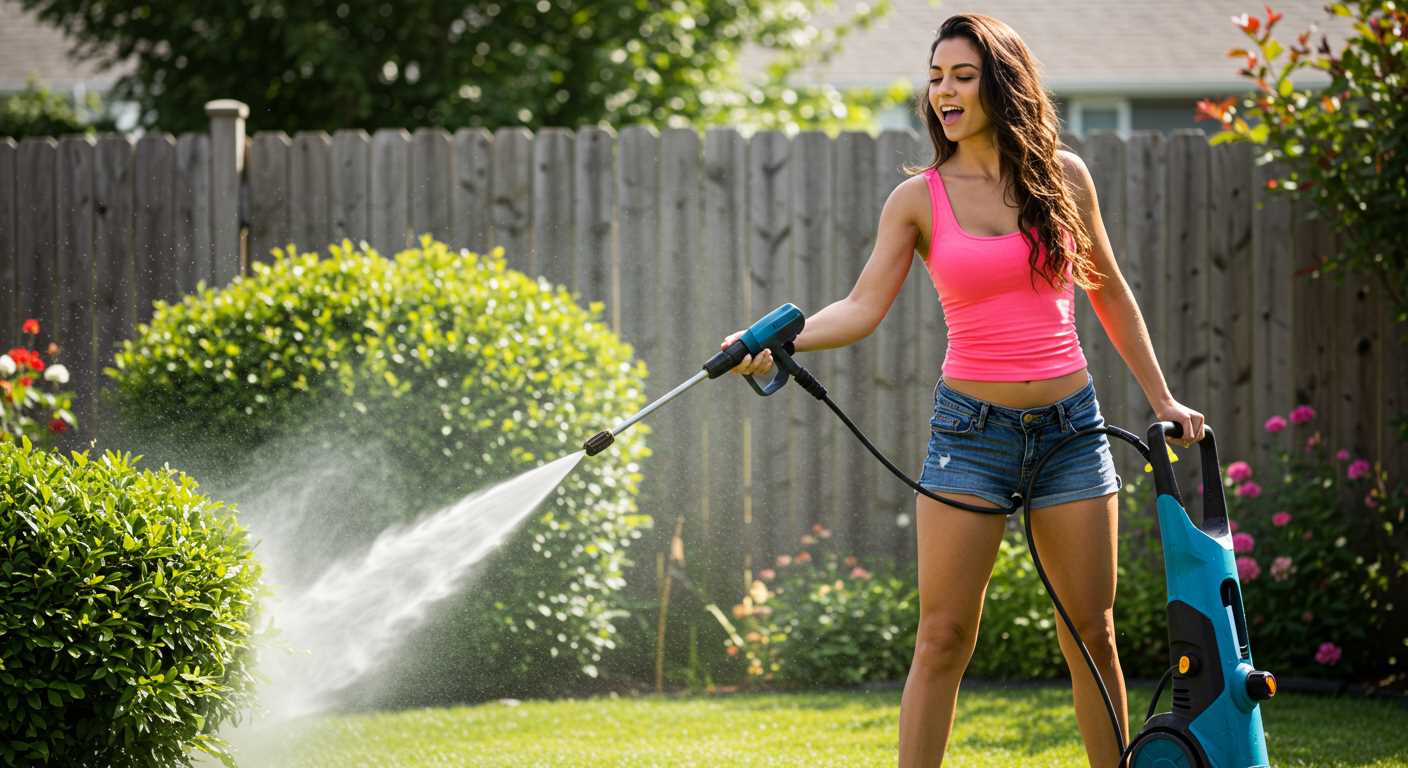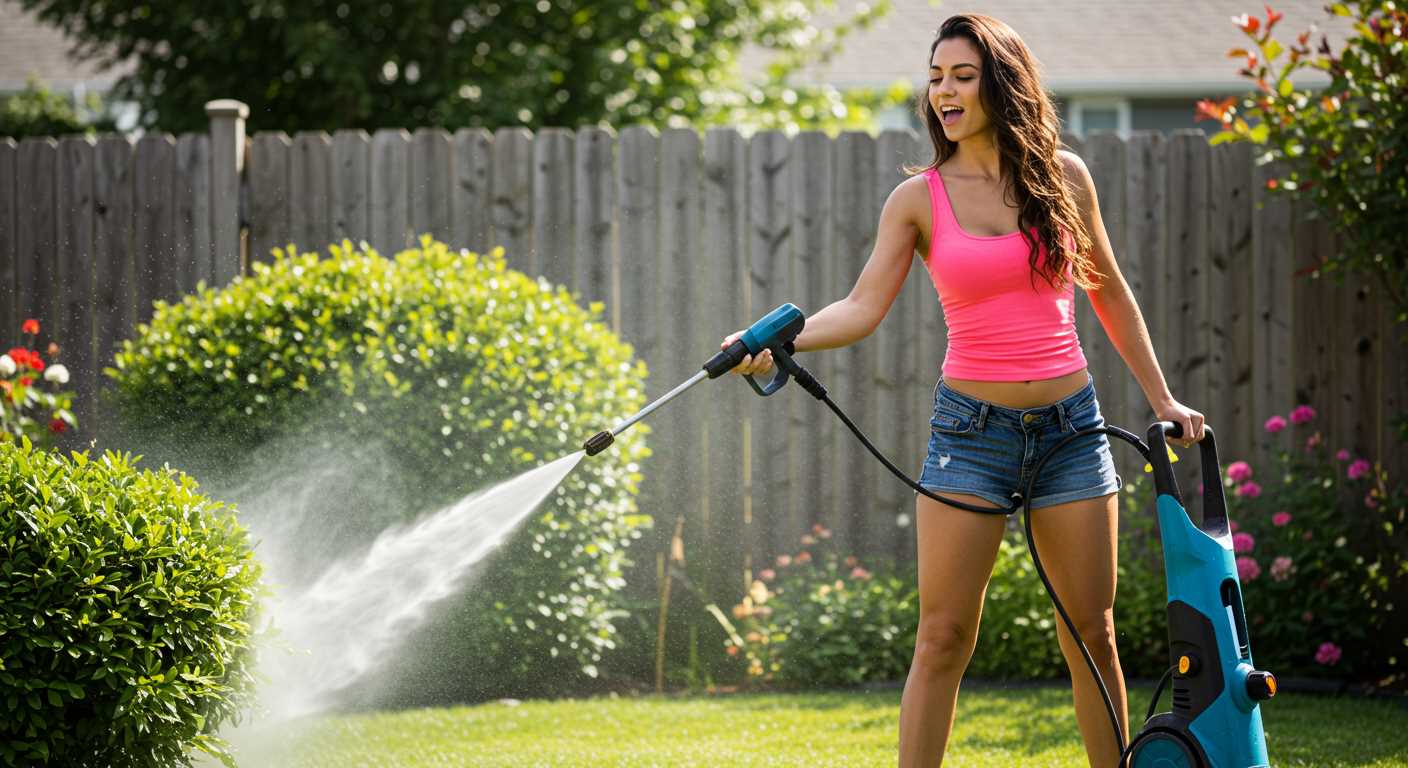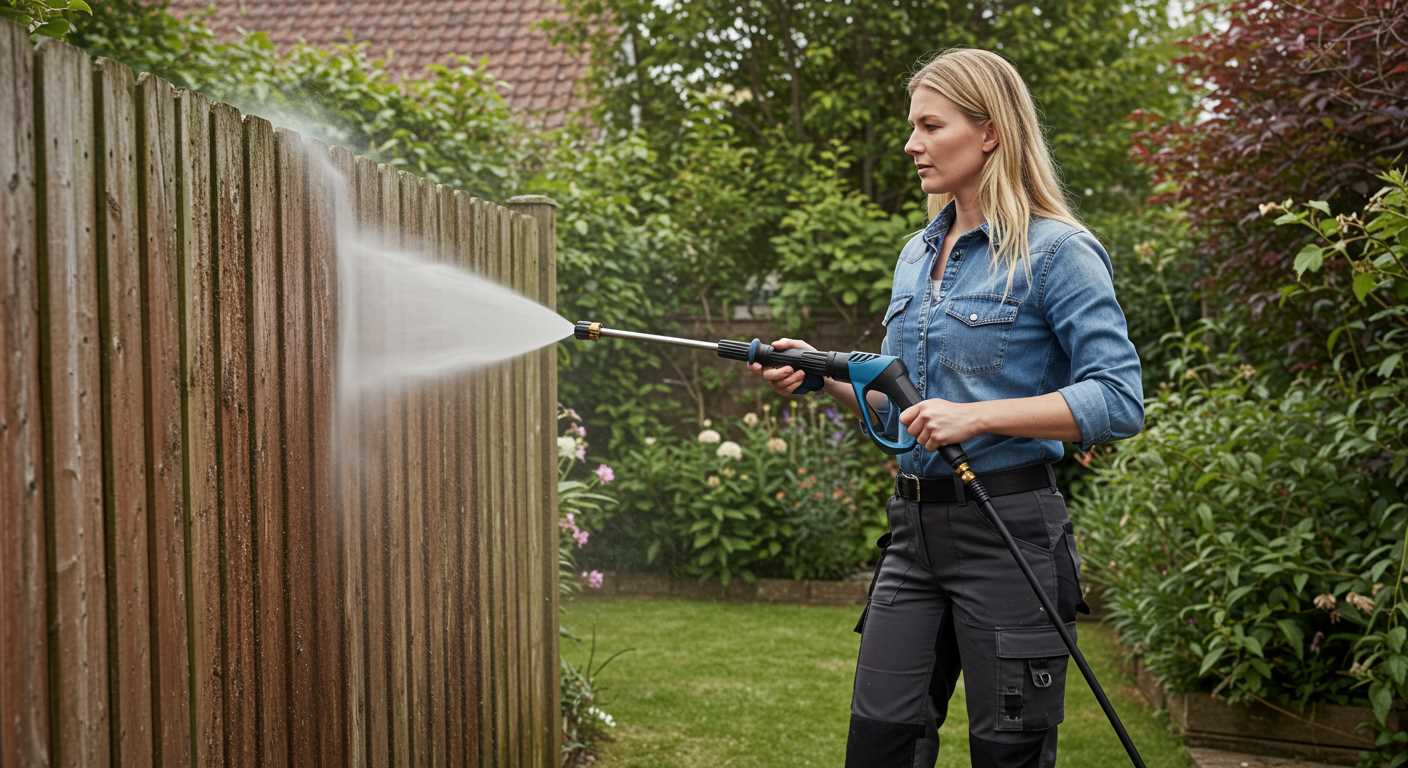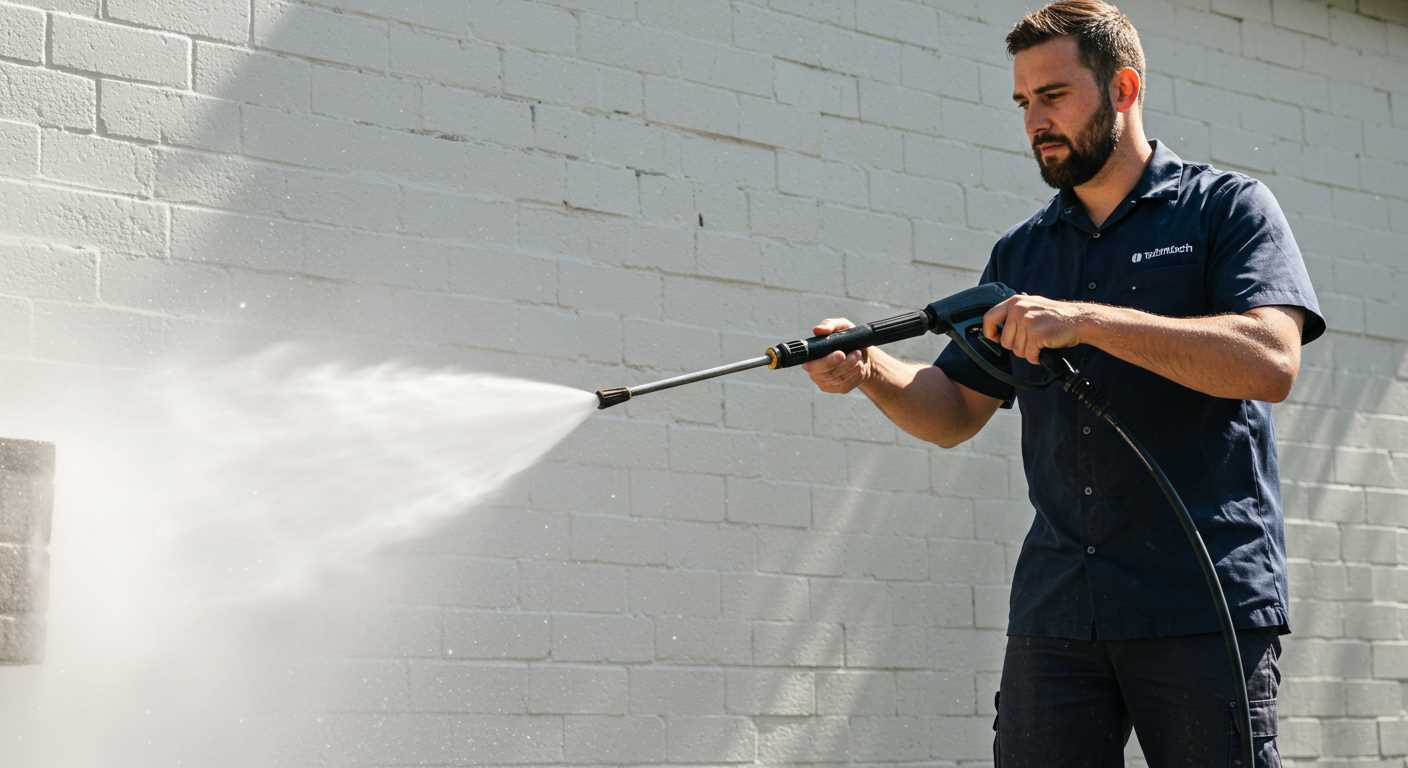




Starting a pressure washing business can be both exciting and challenging, and one of the key elements to your success will be choosing the right equipment. In this article, I will share my insights and recommendations on the best pressure washers available for those venturing into the pressure washing industry. With numerous options on the market, it can be overwhelming to determine which machine will meet your needs and help you achieve exceptional results.
This article is particularly useful for aspiring entrepreneurs, small business owners, and even seasoned professionals looking to upgrade their equipment. I will break down various types of pressure washers, highlighting their features, benefits, and drawbacks. You’ll find practical advice on what to consider when selecting a pressure washer, including power, portability, and versatility.
By the end of this article, you will have a clear understanding of the top pressure washers that can elevate your pressure washing business. Whether you are cleaning residential properties, commercial buildings, or vehicles, the right pressure washer can make all the difference in efficiency and customer satisfaction. Let’s dive into the world of pressure washers and discover the best options that will help your business thrive.
Key Features to Look for in Commercial Pressure Washers
When selecting a pressure washer for a commercial cleaning business, it’s essential to consider several key features that can significantly impact efficiency and performance. The right equipment can enhance productivity, reduce operational costs, and ensure the satisfaction of your clients.
Commercial pressure washers come in various models and configurations, but certain characteristics are critical to ensure you make an informed decision. These features can vary based on the specific cleaning tasks you intend to perform and the environments in which you will operate.
Essential Features
- Pressure Rating: Look for models that deliver high pressure, typically measured in PSI (pounds per square inch). A higher PSI rating allows for more effective cleaning of tough stains and grime.
- Flow Rate: The GPM (gallons per minute) rating is equally important as it determines the volume of water the machine can deliver. A higher flow rate helps in rinsing away dirt more efficiently.
- Power Source: Choose between electric and gas-powered washers. Gas models usually provide more power and portability, while electric washers are quieter and easier to maintain.
- Durability: Look for heavy-duty construction materials that can withstand the rigours of commercial use. Stainless steel or reinforced plastic components can enhance longevity.
- Portability: Features such as wheels, weight, and design can impact how easily you can transport the pressure washer to various job sites.
- Attachments and Accessories: Compatibility with different nozzles, surface cleaners, and extension wands can greatly improve the versatility of your pressure washer.
By focusing on these essential features, you can select a commercial pressure washer that meets the demands of your business, ensuring efficiency and high-quality results in your cleaning projects.
Leading Brands and Models for Pressure Washing Professionals
When considering equipment for a pressure washing business, it’s essential to select brands known for their reliability and performance. Professionals often rely on specific manufacturers that consistently deliver high-quality pressure washers capable of handling various cleaning tasks efficiently. These brands have built a reputation for their durable products, which can withstand rigorous use in commercial settings.
In addition to reliability, performance features play a crucial role in determining the best choice for professionals. Factors such as pressure output, flow rate, and versatility are vital when selecting equipment. Moreover, ease of maintenance and customer support from the manufacturer can significantly impact the long-term satisfaction of a pressure washing business.
Considerations for Selection
- Pressure Output: Higher PSI ratings allow for more effective cleaning of tough stains and grime.
- Flow Rate: Measured in gallons per minute (GPM), this affects how quickly a job can be completed.
- Durability: Heavy-duty construction ensures longevity and reliability under constant use.
- Portability: Lightweight models or those with wheels facilitate easy transportation between job sites.
- Versatility: Units that can accommodate different nozzles or attachments increase the range of tasks that can be performed.
Ultimately, investing in the right pressure washer can lead to improved efficiency and customer satisfaction, essential elements for the success of any pressure washing business. The right choice will not only enhance the quality of work but also contribute to building a strong reputation in the industry.
Understanding Pressure Ratings and Their Impact on Performance
When it comes to selecting a pressure washer for a pressure washing business, understanding pressure ratings is essential. These ratings indicate the cleaning power of the machine and play a significant role in determining its effectiveness for various tasks. The pressure rating is measured in pounds per square inch (PSI) and dictates how much force the water is delivered to the surface being cleaned.
Higher PSI ratings can be beneficial for tough jobs, such as removing grime from driveways or stripping paint from surfaces. However, it is crucial to balance PSI with water flow rate, measured in gallons per minute (GPM), to achieve optimal cleaning results. A machine with a high PSI but low GPM may not clean effectively, as the water volume is insufficient to wash away debris.
The Importance of Understanding Pressure Ratings
Pressure ratings significantly influence the performance of a pressure washer. Here are some key points to consider:
- PSI: Higher PSI ratings provide more force, making it easier to remove stubborn stains and dirt.
- GPM: A higher GPM ensures that more water is used, which aids in rinsing away dirt and ensuring a thorough clean.
- Application: Different tasks require different pressure levels. For example, delicate surfaces like wood may require lower pressure to avoid damage.
In summary, understanding pressure ratings is vital for ensuring that your pressure washing business operates efficiently and effectively. By carefully considering both PSI and GPM, you can select a pressure washer that meets the demands of your specific cleaning tasks.
Essential Accessories for Maximising Efficiency in Your Business
In the competitive world of pressure washing, efficiency can make a significant difference in both productivity and profitability. Investing in essential accessories can streamline your operations and enhance the quality of your services. These tools not only save time but also improve the overall experience for your clients.
When choosing accessories, consider their impact on your workflow. The right tools can help you tackle various surfaces and cleaning tasks more effectively, allowing you to complete jobs quicker and with better results.
Key Accessories to Consider
- Surface Cleaners: These attachments allow for a broader cleaning area, reducing the time spent on large flat surfaces like driveways and patios.
- Extension Wands: Ideal for reaching high or difficult areas, extension wands enhance your ability to clean without needing ladders.
- Different Nozzle Tips: A variety of nozzle tips allows for versatility in pressure and spray patterns, catering to different surfaces and cleaning needs.
- Hoses: High-quality, long hoses provide flexibility and reduce the need to constantly move the pressure washer, allowing for a more efficient workflow.
- Cleansing Solutions: Using the right chemicals can enhance the cleaning power of your pressure washer, ensuring that you achieve optimal results.
By equipping your pressure washing business with these essential accessories, you can significantly improve your efficiency, reduce labour times, and ensure high-quality results for your clients. This not only enhances customer satisfaction but also boosts your reputation in the industry.
Cost Considerations: Budgeting for Your Pressure Washing Equipment
Starting a pressure washing business requires careful financial planning, especially when it comes to equipment costs. Investing in the right pressure washer is crucial, as it can significantly impact your service quality and profitability. Understanding the total cost of ownership, including purchase price, maintenance, and operational costs, will help you make informed decisions.
Additionally, consider the long-term benefits of investing in high-quality equipment. While the initial outlay may be higher, durable and efficient machines often lead to lower maintenance costs and improved performance, ultimately saving you money over time.
Key Factors in Budgeting
- Initial Purchase Price: Determine how much you can afford to spend on a pressure washer without compromising other essential business expenses.
- Maintenance Costs: Factor in regular maintenance and repairs, which can add up over time. Investing in durable equipment can reduce these costs.
- Operational Costs: Consider the cost of water, electricity, and cleaning solutions required for your pressure washing services.
- Financing Options: Explore financing plans or leasing options if upfront costs are a concern. This can help you manage cash flow more effectively.
In summary, budgeting for pressure washing equipment involves more than just the initial purchase price. By considering maintenance, operational costs, and financing options, you can create a comprehensive budget that supports the growth and sustainability of your business.
Maintenance Tips to Extend the Life of Your Pressure Washer
Proper maintenance of your pressure washer is crucial to ensure its longevity and optimal performance. Regular upkeep not only helps in avoiding costly repairs but also guarantees that your equipment operates efficiently, providing the best results for your pressure washing business. By following a few simple maintenance tips, you can significantly extend the life of your pressure washer.
Here are some essential maintenance tips to keep your pressure washer in top condition:
- Regular Cleaning: After each use, rinse the exterior and remove any debris or dirt buildup. Pay special attention to the nozzle and any filters.
- Check and Change Oil: Regularly inspect the oil levels and change the oil as recommended by the manufacturer to ensure smooth operation.
- Inspect Hoses and Connections: Routinely check hoses for signs of wear or damage. Replace any frayed or leaking hoses immediately to prevent further damage.
- Winterisation: If you live in an area with freezing temperatures, ensure you winterise your pressure washer by using antifreeze or draining all water from the system.
- Store Properly: Keep your pressure washer in a dry, protected area when not in use. A covered space can prevent rust and corrosion.
- Regular Professional Servicing: Schedule professional maintenance at least once a year to ensure all parts are functioning correctly and to catch any potential issues early.
By implementing these maintenance tips, you can ensure that your pressure washer remains a reliable tool for your business, helping you deliver exceptional service to your clients while prolonging the life of your investment.
Top 10 Best Pressure Washer For Pressure Washing Business




Best Pressure Washer For Pressure Washing Business
Features
| Part Number | 1 |
| Model | HLW-GYQ-5000PSI-1 |
| Color | Black-orange |
Features
| Part Number | SQ-222-2 |
| Model | SQ-222 |
| Color | black |
Features
| Part Number | ePX3100v |
| Model | ePX3100v |
| Color | Black |
| Size | 2100 Max PSI |
Video:
FAQ:
What are the key features to look for in a pressure washer for a pressure washing business?
When selecting a pressure washer for a pressure washing business, it’s important to consider several key features. Firstly, the power of the machine, measured in PSI (pounds per square inch), should be sufficient for the types of jobs you plan to undertake. A machine with a PSI of at least 3000 is often recommended for commercial use. Additionally, the flow rate, indicated in GPM (gallons per minute), plays a significant role in efficiency. Higher GPM means more water flow, leading to quicker cleaning. Moreover, durability is crucial; look for models made from high-quality materials that can withstand frequent use. Lastly, consider the ease of use and maintenance, such as the weight of the machine, the design of the spray gun, and the availability of replacement parts. These features combined will help ensure that you choose a pressure washer that meets the demands of your business.
How much should I expect to spend on a quality pressure washer for my business?
The cost of a quality pressure washer for a business can vary widely based on factors such as brand, specifications, and additional features. Generally, you can expect to spend anywhere from £300 to £1500 for a reliable commercial-grade pressure washer. Entry-level models suitable for light commercial use may start around £300 to £600, while more robust machines designed for heavy-duty tasks can range from £800 to £1500 or more. It’s advisable to consider your budget in relation to the types of jobs you will be undertaking and choose a model that balances cost with durability and performance.
Are electric or petrol pressure washers better for a pressure washing business?
Choosing between electric and petrol pressure washers depends on the specific needs of your business. Electric pressure washers are typically lighter, quieter, and easier to maintain, making them suitable for residential tasks or areas with easy access to power sources. They are also more environmentally friendly. However, they may not provide the same level of power as petrol models. Petrol pressure washers, on the other hand, are more powerful and can operate in remote locations without needing an electrical outlet. They are ideal for heavy-duty commercial tasks but can be heavier and noisier. Ultimately, the decision should be based on the nature of your work, the locations you service, and your personal preference.
What maintenance is required for a pressure washer used in a business?
Regular maintenance is crucial for the longevity and performance of a pressure washer. Key maintenance tasks include checking and changing the oil (for petrol models), cleaning or replacing the air filter, and inspecting the spark plug. It’s also important to ensure that the hoses and connections are free from leaks and damage. After each use, flush the machine with clean water to prevent clogging and buildup. Additionally, periodically check the nozzle for wear and clean it to maintain optimal pressure. Following the manufacturer’s guidelines for maintenance schedules can help prevent breakdowns and costly repairs.
How can I effectively market my pressure washing business?
Marketing your pressure washing business effectively involves a combination of online and offline strategies. Start by creating a professional website that showcases your services, pricing, and customer testimonials. Use social media platforms to share before-and-after photos of your work, which can attract potential customers. Consider local advertising options, such as flyers and business cards, and network with local businesses and homeowners. Offering promotions or discounts for first-time customers can also help generate interest. Lastly, encourage satisfied customers to leave reviews online, as positive feedback can significantly enhance your reputation and visibility in the community.
What features should I look for in a pressure washer for my pressure washing business?
When selecting a pressure washer for your pressure washing business, consider several key features. Firstly, the pressure rating, measured in PSI (pounds per square inch), is crucial; higher PSI is generally better for tough jobs. A range of 3000 to 4000 PSI is often recommended for commercial applications. Secondly, look for a machine with a good flow rate, measured in GPM (gallons per minute), as this affects cleaning efficiency. A flow rate of 2.5 to 4 GPM is typically ideal. Additionally, consider the type of pressure washer—electric models are quieter and easier to maintain, while gas-powered units usually offer more power and portability. Durability is also important; check for robust construction and reliable components that can withstand frequent use. Lastly, features like adjustable nozzles, ease of transport, and available attachments can enhance versatility and convenience.
How much should I expect to invest in a quality pressure washer for my business?
The investment in a quality pressure washer for your business can vary based on several factors, including the type of machine, its power, and brand reputation. Generally, for a commercial-grade electric pressure washer, you might expect to pay between £300 and £800. However, if you opt for a gas-powered pressure washer, prices typically range from £500 to £1,500. Keep in mind that while it may be tempting to go for the cheapest option, investing a bit more in a reliable and durable model can save you money in the long run through reduced maintenance and replacements. Additionally, consider any extra costs for accessories, maintenance supplies, and potential warranties, as these can also impact your overall budget.




.jpg)


